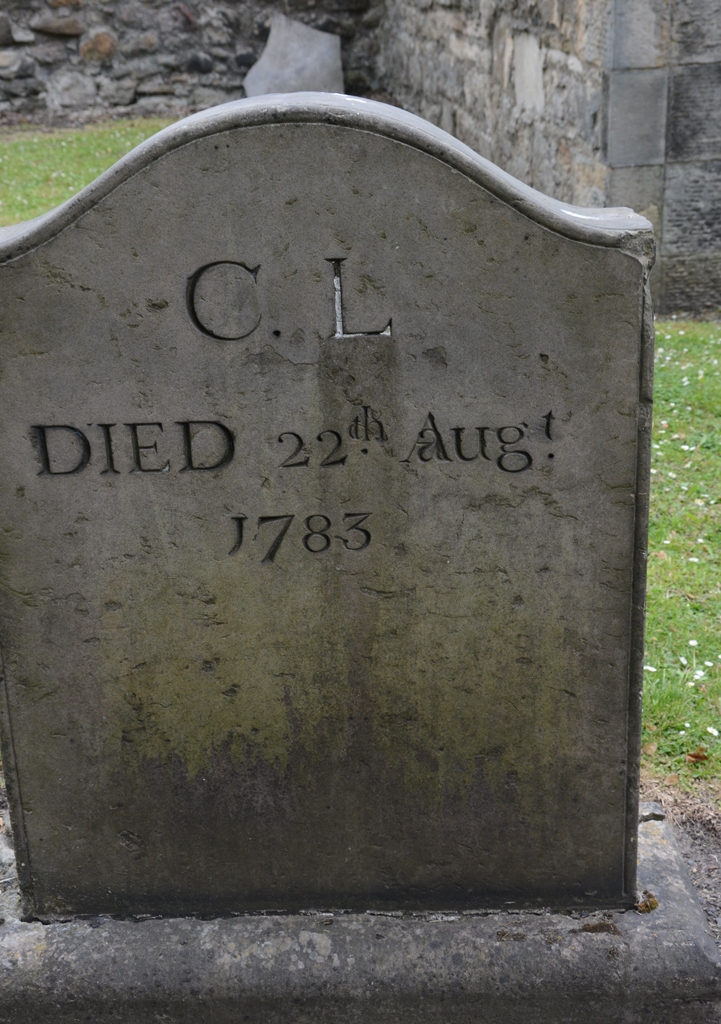
There are two types of movie goers: those who sit through the credits at the end and those who don’t.
Which one are you?
My wife and I are credit sitterthroughers. (That’s a real word. Look it up.) We are often the last ones out of the theater, sometimes soliciting glares from the cleaning staff waiting to do their jobs.
Some movies include fun things mixed into the credits, e.g. bloopers, outtakes, or teaser clips for future movies. Also, the occasional made-up title or name thrown in just for fun. Pay attention to the credits of a Monty Python movie, for instance.
While those are fun, that’s not why we stay.
I am fascinated by the long litany of roles listed at the end of major motion pictures. Hair stylists. Assistant to Mr. Clooney. Caterers. Mustache wrangler.
My wife is fascinated by the names. As a writer, she finds the credits to be a great source of names for characters to use in her own writing.
When I watch the list scroll past I am struck by many thoughts. What constitutes enough contribution to be included in the credits? Who keeps track of them all? Which of those people was the credit roll list keeper? Is that an official movie making job title? How much does it pay? What is a “best boy“?
One of my most arduous tasks in the corporate world was to create the list of all who contributed to a project so that they could be recognized upon successful completion. This came easily for some projects. Others were so complex, spanning so many departments, over so many months, that we would miss a few people. I used to joke that creating the list of all who contributed was harder than the project itself.
And yet… It is so vitally important. Not to that project. To the next one. It’s always about the next one.
The point of the credit roll at the end of a successful project is to plant the seeds of enthusiasm for participating in the next project. The anticipation of being recognized is far more powerful than the recognition itself. Conversely, the negative impact of missing someone as part of the recognition at the end of a project is far more damaging than the positive impact to those you remembered. Getting that list right is arduous, but worth it.
Starting a big project? Start your list NOW. Pay attention. Keep track. No contribution is too small.
This isn’t about “everyone gets a trophy.” It’s about giving people their moment in the spotlight, letting them know that you noticed them. Be generous in your recognition and praise.
Roll the credits.


